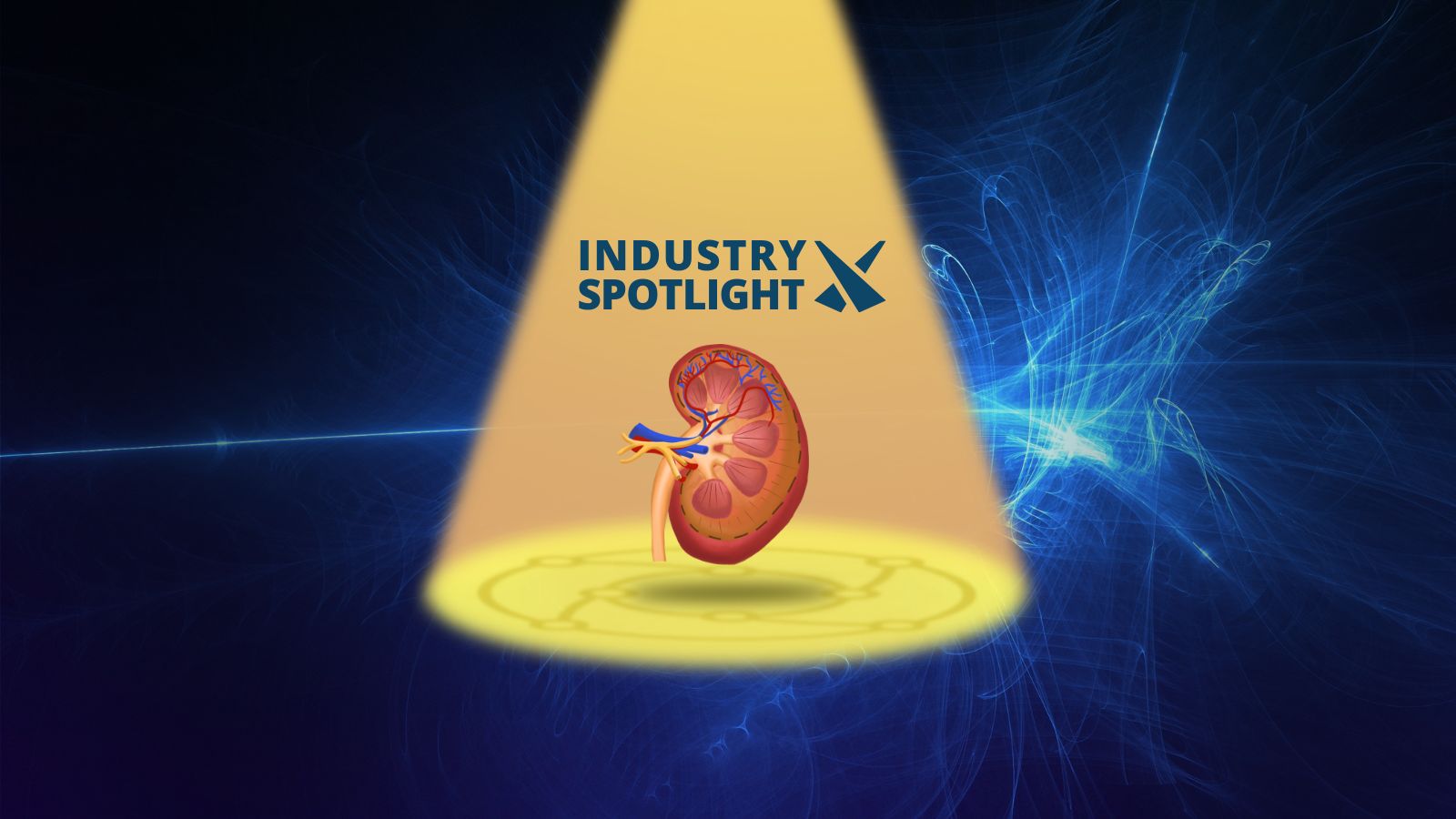Revolutionary Organ Transplant Selection with Artificial Intelligence

The National Institute for Health and Care Research (NIHR) has proposed a new technology that assesses the quality of organs for transplant.
Known as Organ Quality Assessment, the innovative method could revolutionise the donation system and, in turn, save many hundreds of lives. So far, the NIHR has contributed over £1 million to help fund the development of this technology.
Organ Quality Assessment works in a similar way to AI-based facial recognition in its evaluation of organ quality. It is estimated that the method could see approximately 200 more patients in the UK receiving kidney transplants each year and 100 more recipients receiving liver transplants.
Colin Wilson, Honorary Clinical Senior Lecturer at Newcastle University and transplant surgeon is the project co-leader. In an official press release statement, Wilson explained how “Transplantation is the best treatment for patients with organ failure, but unfortunately some organs can’t be used due to concerns they won’t function properly once transplanted.
“The software we have developed ‘scores’ the quality of the organ and aims to support surgeons to assess if the organ is healthy enough to be transplanted. Our ultimate hope is that OrQA will result in more patients receiving life-saving transplants and enable them to lead healthier, longer lives.”
Organ Quality Assessment works in a similar way to AI-based facial recognition in its evaluation of organ quality.
Currently, approximately 7000 individuals in the UK alone are awaiting an organ transplant. The timeframe for successful organ transplantation is paramount; an organ can only survive outside of the body for a limited amount of time.
Therefore, decisions about the appropriate organ selection must be made as quickly and efficiently as possible. The hope is that Organ Quality Assessment will offer a viable solution to this problem.
“Funded by our Invention for Innovation Programme, [the] deep machine learning algorithm aims to increase the number of liver and kidney donor organs suitable for transplantation.
“This is another example of how AI can enhance our healthcare system and make it more efficient. Once clinically validated and tested, cutting edge technology such as this holds the real promise of saving and improving lives,” Lucy Chappell, Chief Executive of the NIHR, explained.
Get your weekly dose of industry news and announcements here, and keep up to date with the latest ‘Industry Spotlight’ posts. For other PharmaTec content, please visit the PharmaTec Content Portal.
Want to find out more about the innovations happening in pharma data? Join Oxford Global’s annual Pharma Data & Digital Medicine event today. This 2-day conference brings together a panel of prominent leaders and scientists, sharing new case studies, innovative data, and exciting industry outlooks.





.png)

